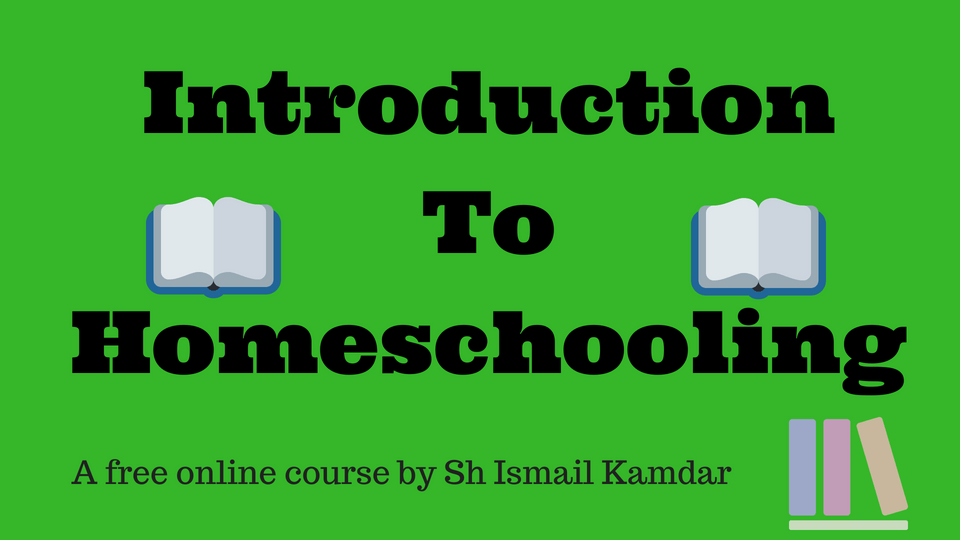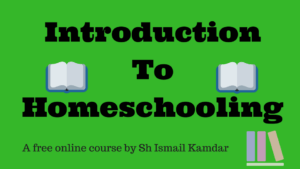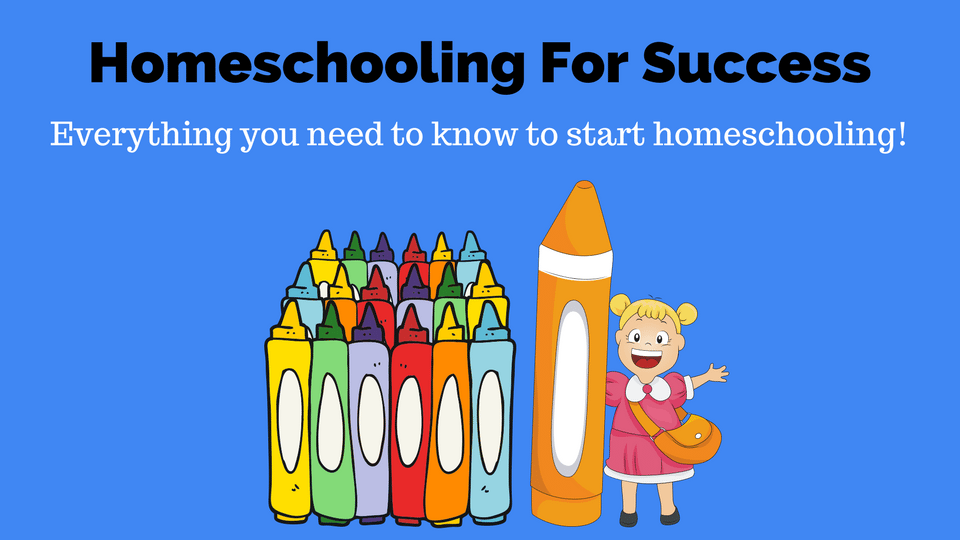Reflections: 5 Years of Homeschooling
In 2013, I made a very difficulty decision: I decided that in 2014 I will begin homeschooling my children. It was a difficult and frightening decision because it was something new, something different, and one of those things you can’t see the result of until years later. 5 years of homeschooling later…I believe it was one of the best decisions of my life.
My children are growing beautifully. They have excellent character, a love of learning, and loving personalities. The results of homeschooling so far have been even better than I imagined.
As my eldest children begin their sixth year of homeschooling, I am reflecting on many of the lessons I learned over the past five years. Here are five of the most important ones.
1. Homeschooling is hard work
I work multiple jobs and run multiple online businesses. But nothing I do is harder than homeschooling my children. It is time consuming, requires a lot of thinking, planning, research and buckets of patience.
Yet it is at the same time the most fulfilling aspect of my life. I truly believe that anything worth doing is hard work. And homeschooling is no exception. It is hard work but the fruits of it are worth it. It is a long term investment a great future for our children, what could be a better usage of time than that?
If you plan to homeschool your children, do not expect it to be easy. It can be extremely challenging and time consuming but it is definitely worth it.
2. School is obsolete and we need an alternative soon
There is no doubt in my mind that the current school system is obsolete and outdated. It was built for the 20th century and is no longer relevant in the information age. With children now having access to online courses, Google, Wikipedia and YouTube within seconds, there is no real point in memorizing facts about history and geography.
The system needs a major overhaul, or even better a new system altogether to replace it. I spend a lot of my time thinking of solutions to this problem that can be applied at a global level. Homeschooling isn’t one of these solutions, and I will explain why in the next point.
3. Homeschooling is not the mass solution
Homeschooling is not the alternative to school that can be applied across the globe for one main reason: it depends on the parents being committed and effective educators. And not every home in the world has such parents.
Homeschooling only works when parents are able to give the time, energy and commitment to make it work. It is entirely dependent on the attitude and aptitude of the parents. Therefore, it may work exceptionally well for a few, but can fail terribly for others.
What we need is something that can be applied across the globe, and is not depended on parents. I spend many hours every day reflecting on this and working on ideas. My hope is one day to invent a new education for the 21st century to replace school.
4. Children are capable for far more than society thinks
Children are extraordinary in their capabilities, but school, society and social norms hold them back too much. This is one thing I love about interacting with other homeschooling families, or adults who were homeschooled as children. They are far more in tune with their capabilities and less restricted by cultural norms.
Why shouldn’t a 10 year old start his own business?
Why shouldn’t an 8 year old write and publish her first book?
Why can’t a 13 year old invent a device that benefits humanity?
Our children are capable of so much, so do not hold them back from realizing their God-given potential.
5. A family that studies together sticks together
One of my favorite things about homeschooling is the amount of quality time spent with my family. The result is extremely close bonds with every member of the family.
Being able to develop a close relationship with each of your children is priceless. It is something every family must focus on, regardless of whether you homeschool or not.
Even if you don’t homeschool, make time at least one a week for the family to study together. Whether it is a group discussion, a family field trip, reading time or watching beneficial YouTube videos together. Whatever works for you, just make time to connect with your children on an intellectual level. The bonds this creates are priceless.
If you want to learn more about homeschooling, sign up for our free homeschooling course by clicking here.







